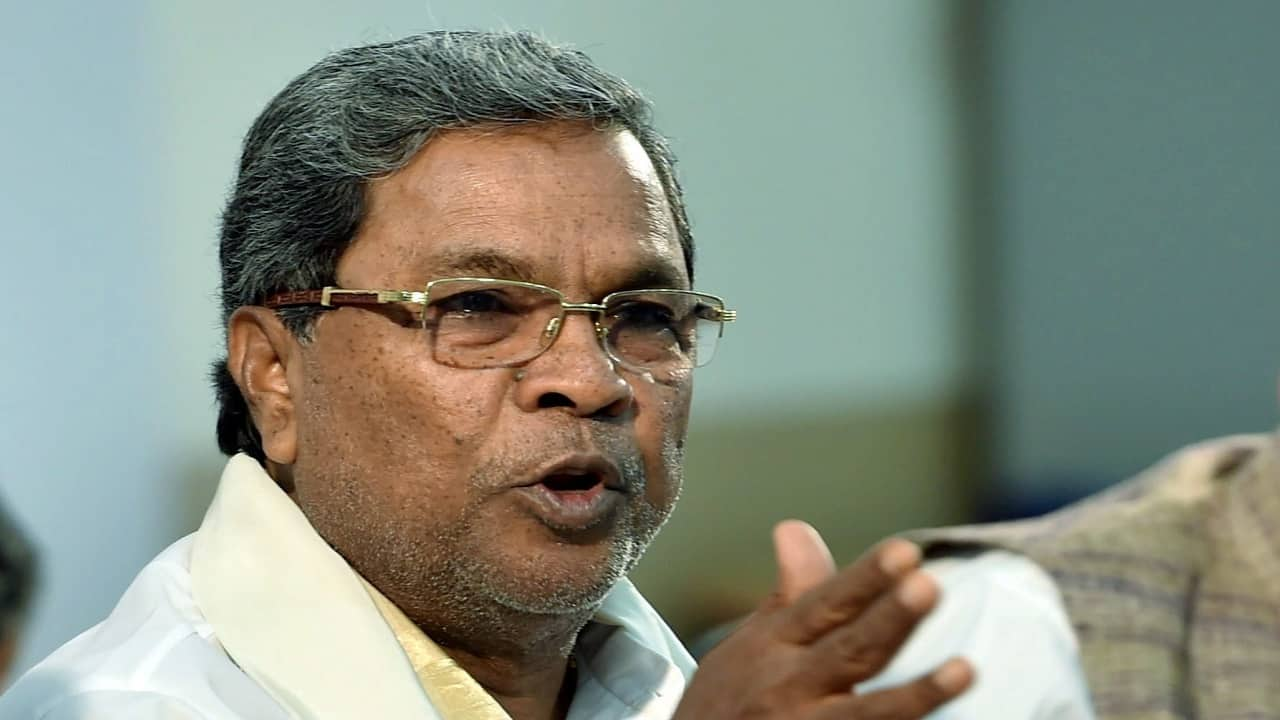 |
|
The political landscape of Karnataka is currently embroiled in a heated controversy surrounding the alleged MUDA (Mysuru Urban Development Authority) scam. Chief Minister Siddaramaiah, facing allegations of corruption related to land transactions involving his wife, Parvathi Siddaramaiah, has resolutely refused calls for his resignation. This defiance comes after Governor Thaawarchand Gehlot authorized an investigation into the corruption charges, a move that has further escalated the political tension in the state.
Siddaramaiah has accused the opposition BJP and JD(S) of attempting to destabilize the Congress government in Karnataka, drawing parallels to similar political maneuvers in Jharkhand and Delhi. He has asserted the unwavering support of the Congress high command, his entire Cabinet, and all party lawmakers, signaling his intent to fight the allegations head-on. The Congress party has also rallied behind Siddaramaiah, denouncing the governor's decision as unconstitutional and emphasizing his strong backing within the party.
Despite the allegations and the governor's sanction for an investigation, Siddaramaiah's position as Chief Minister remains seemingly secure. He has several options available to him in navigating this legal and political storm. Firstly, he can challenge the governor's sanction by filing a petition in the Karnataka High Court, with the possibility of further appealing to the Supreme Court if the High Court rejects his plea. The legal battle could be lengthy and potentially delay any immediate consequences. Secondly, Siddaramaiah can defend against the petitions filed against him by social activist Snehamayi Krishna before the special court for people's representatives, arguing for their dismissal on grounds of insufficient evidence or procedural errors. The outcome of this legal challenge will play a pivotal role in shaping the future course of the proceedings against him.
Furthermore, Siddaramaiah can leverage his strong support within the Congress party to reject the calls for his resignation. He can point to similar situations in the past where leaders faced allegations but remained in office, such as the case of former Chief Minister BS Yediyurappa, who remained in office despite a governor-sanctioned prosecution. This strategy relies heavily on the Congress leadership's willingness to defend him vigorously both legally and publicly, perceiving the situation as politically motivated.
The alleged MUDA scam revolves around questionable land exchange practices, where valuable urban land was traded for less valuable rural plots. The controversy centers on the purchase of a 3-acre site in Kesare village, Mysuru, by MUDA in 2021, a site owned by Parvathi Siddaramaiah. Critics allege that the transaction involved the swapping of this land for more valuable plots in the affluent Vijayanagar neighborhood of Mysuru, highlighting a potential discrepancy in value between the exchanged properties. The Karnataka Anti-Graft and Environmental Forum has filed a complaint, accusing Siddaramaiah of omitting his wife's land holdings in his declaration, and demanding judicial action against the Chief Minister.
The upcoming legal battles and the escalating political pressure are likely to shape the future of Siddaramaiah's political career. While his strong backing within the Congress party provides a shield against immediate consequences, the outcome of the legal challenges and the public perception of the alleged MUDA scam will ultimately determine his fate. The unfolding events in Karnataka are a testament to the complex interplay between politics, law, and public opinion in a democratic system.
Source: MUDA scam story: Four options available with Karnataka CM Siddaramaiah
